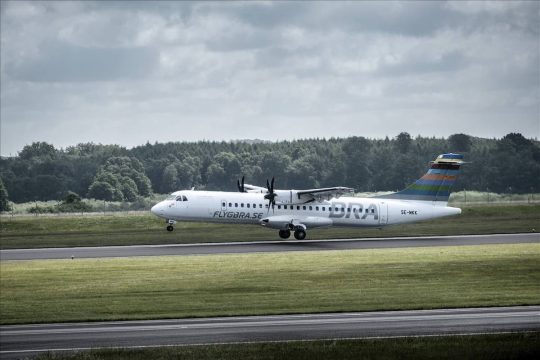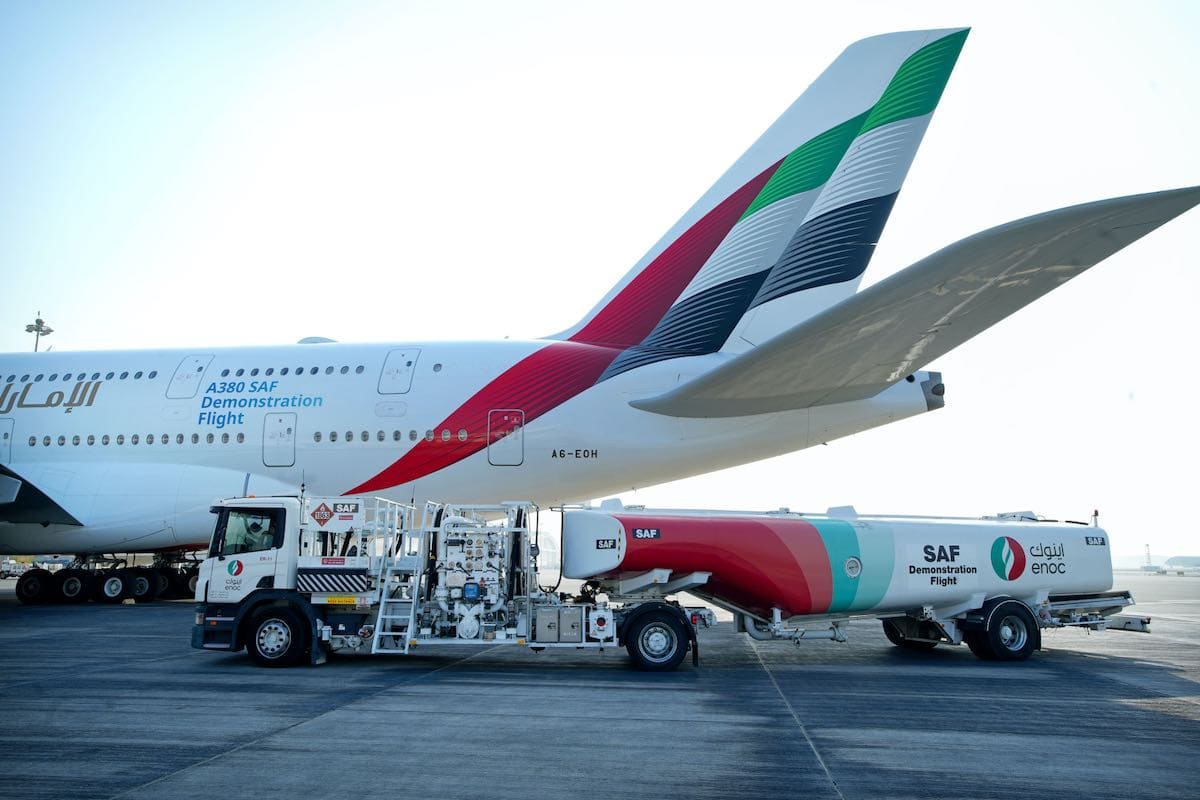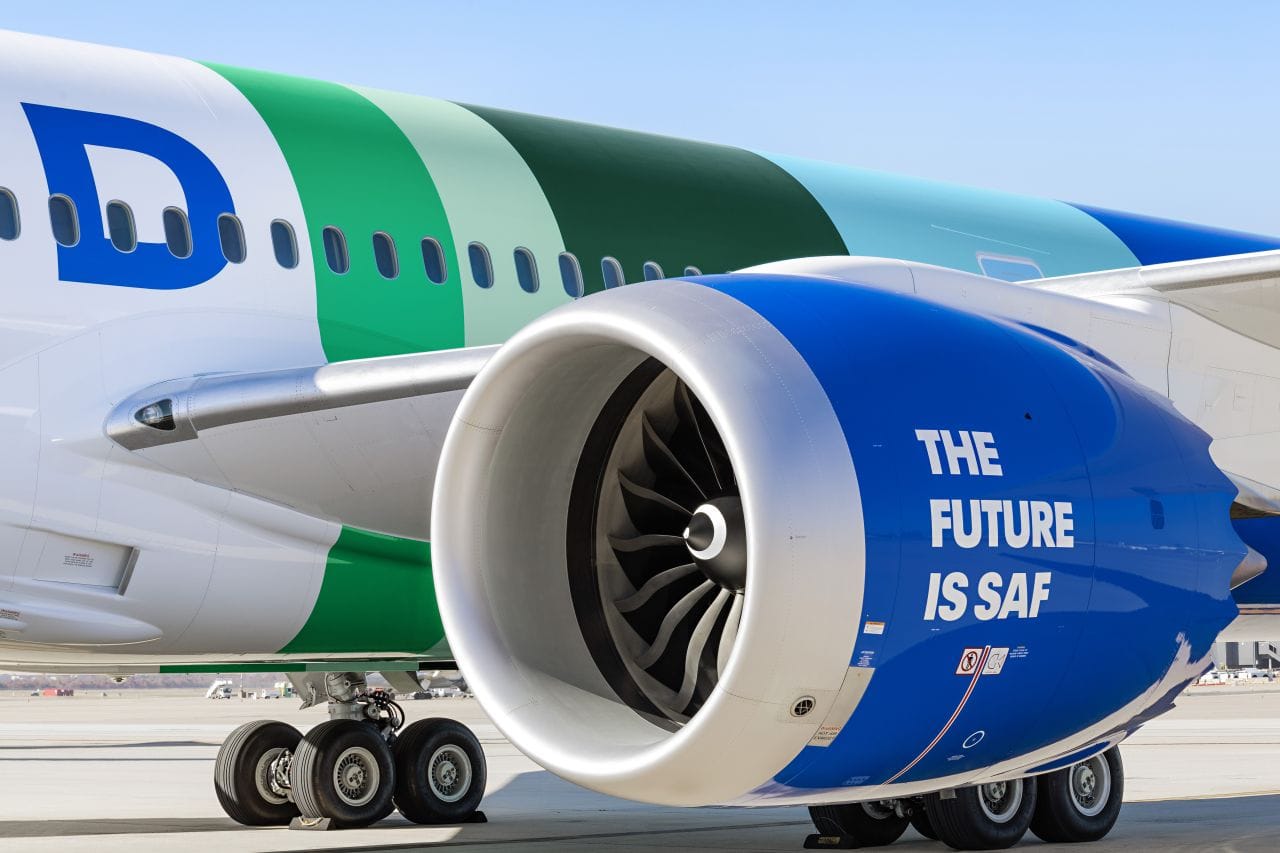IATA Forecasts 2.1M Tonnes SAF Production in 2025
IATA DG Walsh: Aviation decarbonisation to be viewed as part of the global energy transition.

The International Air Transport Association (IATA) has reported slow progress in Sustainable Aviation Fuel (SAF) production.
In 2024, SAF production volumes reached 1 million tonnes (1.3 billion litres), doubling the 0.5 million tonnes (600 million litres) produced in 2023.
However, this accounted for only 0.3% of global jet fuel production and 11% of global renewable fuel, falling short of the projected 1.5 million tonnes (1.9 billion litres).
Expected Growth in 2025
IATA forecasts that SAF production will reach 2.1 million tonnes (2.7 billion litres) in 2025, representing 0.7% of total jet fuel production and 13% of global renewable fuel capacity.
Willie Walsh, IATA’s Director General, expressed disappointment with the slow growth, citing mixed government signals and cautious investors as key factors.

Challenges and Solutions
According to Walsh, the airline industry’s decarbonisation should be viewed as part of the global energy transition.
IATA suggests that governments can accelerate SAF production by winding down fossil fuel subsidies and implementing strategic production incentives.
Marie Owens Thomsen, IATA’s Senior Vice President Sustainability and Chief Economist, emphasised the broader economic benefits of increased renewable fuel production.
Investment Needs
IATA analysis indicates that between 3,000 to 6,500 new renewable fuel plants will be needed by 2050 to achieve net zero CO2 emissions.
The estimated annual capital expenditure for these facilities is approximately $128 billion, significantly less than the investment in solar and wind energy markets.

Short-Term Measures
IATA recommends three critical measures to boost SAF production:
- Increase co-processing: Expand the use of existing refineries to co-process renewable feedstocks.
- Diversify SAF production: Invest in alternative production pathways like Alcohol-to-Jet (AtJ) and Fischer-Tropsch (FT).
- Create a global SAF accounting framework: Establish a registry to prevent double counting and ensure transparency.
Public Support
An IATA survey revealed strong public support for SAF, with 86% of travellers agreeing that governments should provide production incentives and prioritise SAF supply for airlines.
